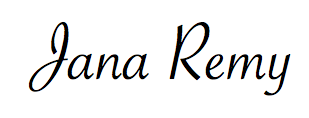i’m sitting at the food court at UCLA and I feel like a student again. Which I am, as I’m on campus for a two-day intensive training in Project Management from UVic professor Lynne Siemens. Usually taught in a week in the summer at the DHSI, we’ve moved quickly though the 450 page(!) manual prepared by our instructor.
Perhaps the most important take-away message from this event is realizing how integral Project Management has become for the kinds of team-based projects that are common in the Digital Humanities. From this class I’ve gained skills that I intend to add to my DH-class syllabus and that I will share with my faculty colleagues. But most importantly, I’ve learned concrete steps for project planning that I’ll apply in nearly every aspect of my own work–as an administrator, a researcher, and (most importantly) as a grant-writer.
While many of the steps that we learned are intuitive–defining the nature of our research questions and the expected outcomes, listing each step of the process, creating workflows for accomplishing phrases of a project, etc.–some elements were less intuitive, such as finding a critical path through a project, defining the scope clearly and balancing that against the time and money allocated for the project, adding moments within the plan to evaluate whether it’s still achievable, and creating a shared documentation system for recording all aspects of a project.
After having spent the last two days steeped in PM, I must confess that it’s not the most exciting topic imaginable. In fact, it can tend towards being self-evident (well, of course one needs to plan incremental deadlines in order to pull all of the pieces together for a large project to reach completion on time). But…the more I followed all of the processes and considered how they could be applied to just about anything: writing a journal article, planning a conference, coordinating volunteer writers for a group blog, etc., the more I realized that applying the elements of PM are critical for seeing projects through to completion. Because it seems as though (at least for me) projects are always so very easy to start, but so very difficult to finish.
